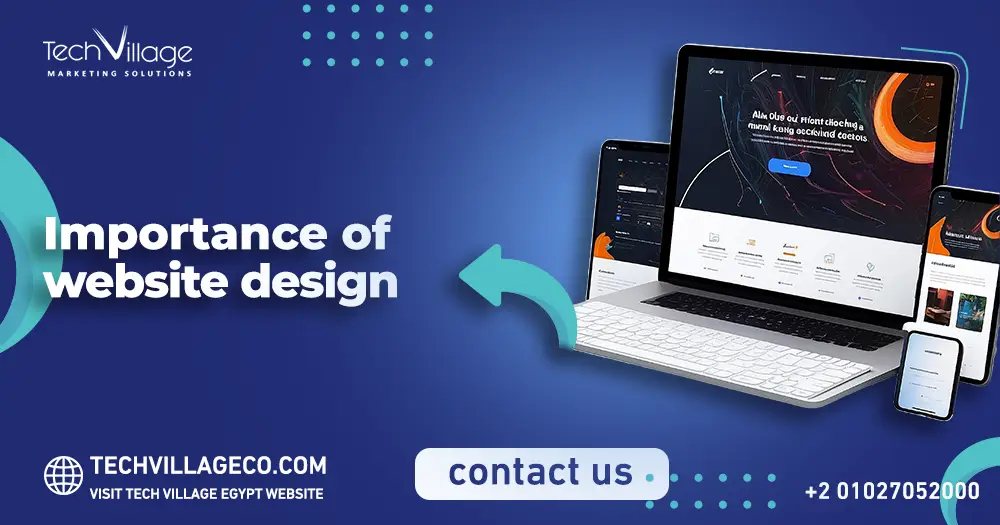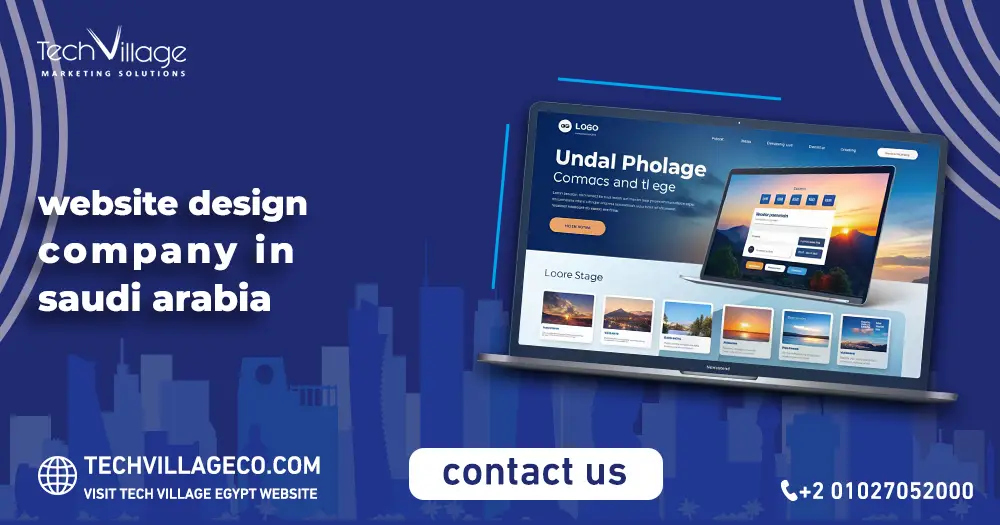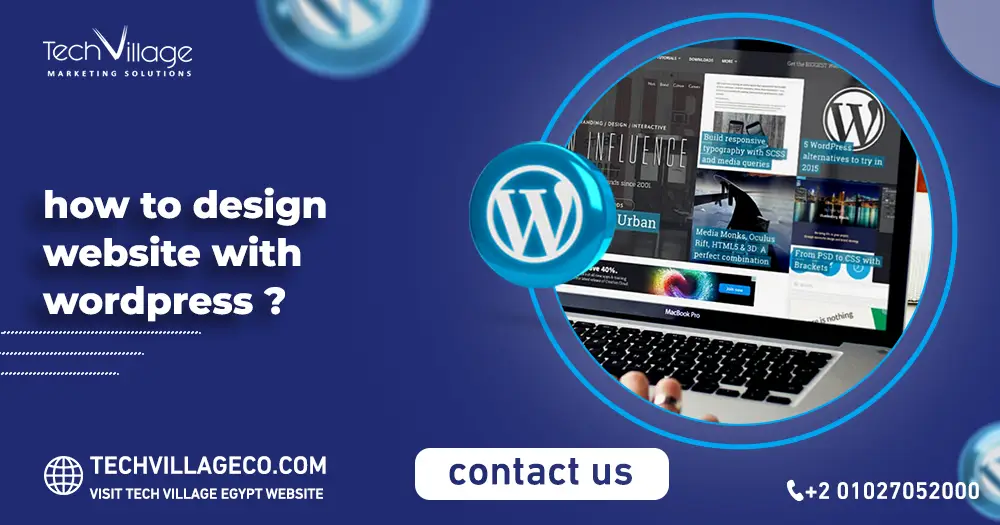What is the importance of website design? Website design is crucial because it directly impacts a user’s first impression and overall experience. A well-designed website not only attracts visitors but also enhances usability, functionality, and accessibility.
Effective design ensures that users can easily navigate the site, find the information they need, and engage with content in a meaningful way. Additionally, good design fosters credibility and trust, which are essential for retaining customers and encouraging conversions. In a digital landscape where competition is fierce, investing in thoughtful and strategic website design can significantly influence a business’s success.
Table of Contents
ToggleWhat Is An Web Designing
In addition to the importance of website design. Web designing is the process of creating and arranging the visual and functional aspects of websites. It involves designing the layout, structure, color schemes, typography, graphics, and interactive elements to ensure that a website is visually appealing, user-friendly, and effective in achieving its goals.
Web designing is not just about making a site look good; it also focuses on optimizing the user experience (UX) by ensuring easy navigation, quick loading times, and responsiveness across different devices and screen sizes. This process often involves collaboration between designers, developers, and content creators to ensure that the final product is both aesthetically pleasing and technically sound.
What Is The Primary Reason For Building A Website?
Speaking about the importance of website design. The main purpose of creating a website is to establish an online presence that serves specific goals, depending on the needs of the individual, business, or organization. These goals can include:
- Information Sharing: Websites provide a platform to share information, whether it’s about a business, product, service, or personal interests. This can include blogs, news, articles, and other content that educates or informs visitors.
- Business and Marketing: For businesses, a website is essential for marketing products or services, reaching new customers, and building brand awareness. It acts as a digital storefront, showcasing offerings and facilitating transactions through e-commerce functionalities.
- Communication and Engagement: Websites can serve as a communication hub, allowing businesses or individuals to engage with their audience through contact forms, chat features, social media integration, and more. It helps foster relationships and build a community.
- Customer Support: Websites often provide resources such as FAQs, tutorials, and support forms, helping to resolve customer issues and enhance the overall user experience.
- Monetization: Websites can generate revenue through various methods, including selling products or services, displaying advertisements, or offering premium content.
- Portfolio and Showcase: For creative professionals, a website can act as a portfolio to showcase their work, skills, and achievements to potential clients or employers.
What Is The Power Of Web Design?
When it comes to the importance of website design. The power of web design lies in its ability to shape user experiences, influence perceptions, and drive actions online. Here are some key aspects of its power:
1. First Impressions:
Web design is often the first point of contact between a user and a brand or organization. A well-designed website creates a positive first impression, which can lead to increased trust, credibility, and user engagement. Conversely, a poorly designed website can drive users away, potentially harming the brand’s reputation
2. User Experience (UX):
Effective web design enhances the overall user experience by ensuring that a website is easy to navigate, intuitive, and accessible. Good UX design reduces friction, making it easier for users to find what they need, complete tasks, and enjoy their interaction with the site.
3. Brand Identity:
Web design is a powerful tool for expressing and reinforcing a brand’s identity. Through the use of colors, typography, imagery, and layout, design communicates a brand’s values, personality, and positioning, helping to differentiate it from competitors.
4. Conversion Optimization:
The design of a website plays a crucial role in guiding users toward desired actions, such as making a purchase, signing up for a newsletter, or filling out a contact form. By strategically placing elements like call-to-action buttons, forms, and content, web design can significantly improve conversion rates.
What Are The Benefits Of Website Design?
In addition to the importance of website design. Website design offers numerous benefits that contribute to the success of an online presence. According to tech village, a well-designed website enhances user experience by making navigation intuitive and content easy to access, leading to increased engagement and satisfaction.
It also builds credibility and trust, as a professional and visually appealing design signals reliability and competence. Effective website design can boost conversion rates by guiding users toward desired actions, such as making purchases or signing up for services.
Additionally, responsive design ensures that the website performs well across various devices, expanding its reach to a broader audience. Moreover, good design can improve search engine optimization (SEO), helping the site rank higher in search results and attracting more traffic. Overall, investing in quality website design is key to achieving business goals, fostering customer loyalty, and maintaining a competitive edge online.
What Is The Importance Of Website Design?
What is the importance of website design? Website design is important because it directly impacts how users perceive and interact with a site. A well-designed website creates a positive first impression, builds credibility, and reinforces brand identity.
It enhances user experience by making navigation easy and ensuring the site is responsive across devices. Effective design also plays a crucial role in guiding users toward desired actions, such as making purchases, thereby boosting conversion rates. Additionally, good web design improves search engine optimization (SEO), helping the site rank higher and attract more visitors.
Conclusion
In conclusion, the importance of website design is a fundamental aspect of any online presence, playing a critical role in shaping user experiences, building brand credibility, and driving business success.In addition to drawing in and keeping users, a well-designed website makes it easier to navigate and effectively convey material.
As the digital landscape continues to evolve, the importance of intuitive, aesthetically pleasing, and functional design cannot be overstated. Investing in high-quality website design is not just an aesthetic choice but a strategic decision that can significantly impact a business’s growth and reputation.
FAQ
What Is The Goal Of A Website?
The goal of a website is to effectively fulfill its intended purpose by engaging visitors, meeting their needs, and achieving specific objectives. This can include providing information, promoting products or services, enhancing brand presence, or facilitating transactions.
What Should Web Design’s Primary Objective Be?
The main goal of web design should be to create a user-friendly, visually appealing, and functional website that effectively communicates its intended message and meets specific objectives. This includes ensuring a positive user experience (UX) by making the site easy to navigate, responsive across devices, and accessible to all users.

 AR
AR




